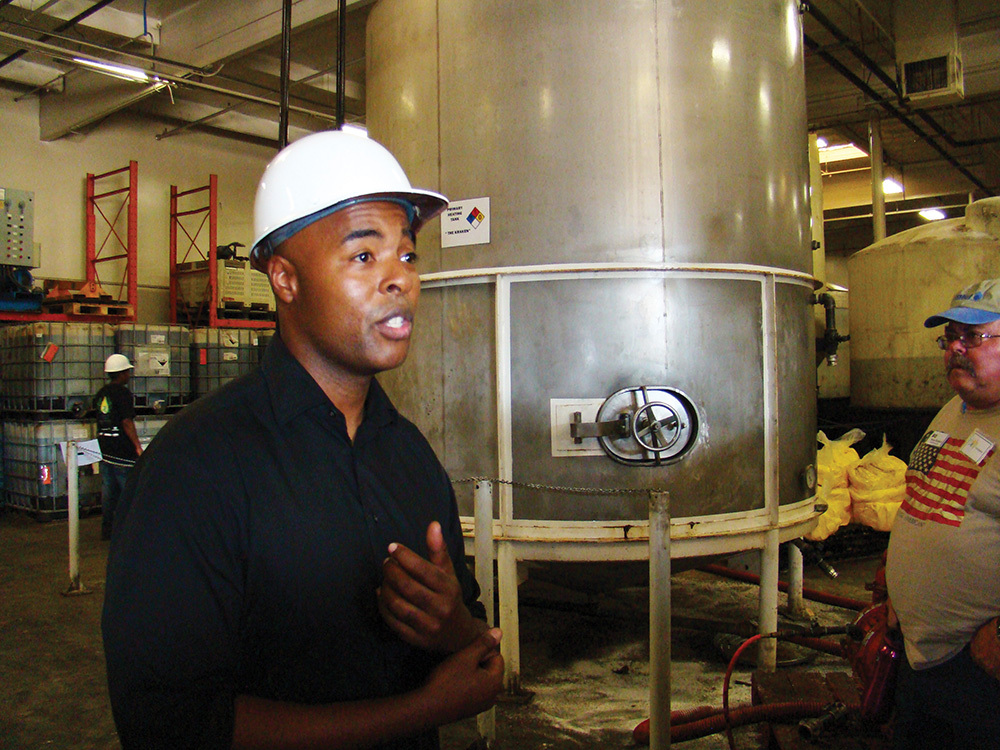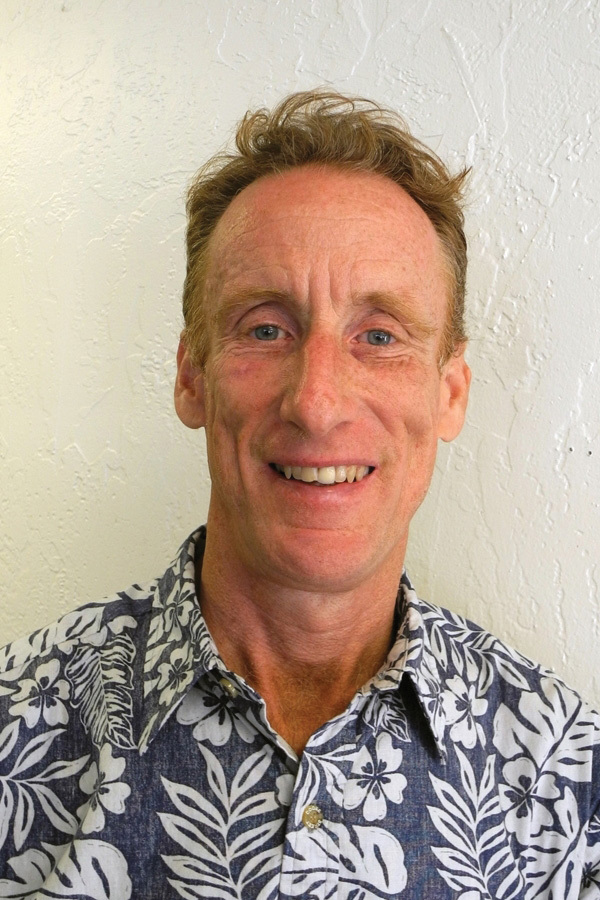Business Briefs




July 10, 2013
BY Ron Kotrba
U.S. Energy Initiatives Corp. Inc. signed a biodiesel production agreement with Temecula, Calif.-based Promethean Biofuels whereby the companies will work together to bring Promethean’s facility to its maximum capacity this summer. Promethean has the capacity to produce up to 3 MMgy at max production. This is a 12-month agreement and the parties agree to divide the revenue produced by the sale of fuel produced (less cost), which should exceed $6 million annually. “This is a significant milestone for USEI and it is an immediate entry into the fuel production arena,” says USEI CEO Anthony Miller. “This relationship just allows the plant to operate 24 hours a day, seven days a week, well above current levels.” Todd Hill, managing principal of Promethean, says, “In the next few months, we will ramp up towards our nameplate capacity and generate significant capital. ”
Pacific Biodiesel Technologies hired Samuel Millington as new CEO for the 17 year-old Maui-based company. Millington, a longtime Hawaii resident, joins PBT with years of experience in the for-profit, nonprofit and public service sectors. Millington joins PBT at a pivotal moment for the rapidly growing company, with fuel production ramping up at Big Island Biodiesel, the company’s newest development—a new, zero-waste, 5.5 MMgy facility. PBT’s production now equals 10 percent of the onroad use of petroleum diesel in Hawaii, and increasing demand for biodiesel requires advanced strategic planning, one of Millington’s specialties. Millington moved to Hawaii in the mid-1990s and has served on numerous boards, commissions and task forces.
Synthetic Genomics Inc. announced in May a new cofunded research agreement with ExxonMobil to develop algae biofuels. The new agreement is a basic science research program that focuses on developing algal strains with significantly improved production characteristics by employing synthetic genomic science and technology. In June 2009, SGI and ExxonMobil announced a research and development alliance focused on naturally occurring and conventionally modified algae strains. The new agreement focuses on SGI’s core strengths in synthetic biology and will allow the company to further explore this promising area of research to develop improved algal strains. The agreement places greater emphasis on basic scientific research to develop strains that reproduce quickly, produce a high proportion of lipids and effectively withstand environmental and operational conditions.
Two companies achieved BQ-9000 laboratory accreditation recently: Intertek in Romeoville, Ill., and Community Fuels, a biodiesel producer in Port of Stockton, Calif. The certification process begins with a desk audit of the quality system to verify the National Biodiesel Accreditation Commission required elements are in place. The laboratory is then subject to a full on-site audit to verify the effectiveness of the quality system and the test methods performed. This certification process holds the laboratory to a higher standard and promotes consistency in testing and quality. Intertek's worldwide networks of biofuel laboratories test a wide range of renewable fuel products and blends, including biodiesel, ethanol and biomass fuels. Community Fuels says the BQ-9000 lab certification makes it the first biodiesel producer in the nation to receive this third-party approval. Community Fuels earned its BQ-9000 producer status in June 2012.
Methes Energies Canada Inc. signed a purchase and cooperation agreement with BioFuel Aruba of Oranjestad, Aruba, to initially purchase a Denami 600 biodiesel processor. As the first and only biodiesel producer in Aruba, BioFuel Aruba plans to expand its biodiesel production capacity by as early as third quarter this year. BioFuel Aruba also entered into pilot project agreements with the Aruba Airports Authority and the public transit company Arubus BV to implement a biodiesel blend into their fleets. Methes Energies and BioFuel Aruba will also be working with the government of Aruba to develop a biofuels mandate to be incorporated into its national energy policy. Founded by lifelong biodiesel activist Gregory Fung-A-Fat, BioFuel Aruba believes that the use of sustainably produced biodiesel, in combination with demand reduction measures such as mass transit and transportation alternatives in concert with technological advances such as diesel hybrids and light rail systems, can create an Aruba that is both energy independent and sustainable.
Renewable Energy Group Inc. executed a purchase agreement to acquire a 30 MMgy biodiesel plant from Soy Energy LLC. REG will acquire the plant—built in 2006, upgraded in 2010, and idled in 2012—for $11 million in cash and the issuance of a $5.6 million promissory note to Soy Energy. REG plans to repair then restart the refinery and further upgrade the plant in the future. The acquisition would increase REG’s biodiesel production capacity to 257 MMgy. REG also signed a contract manufacturing agreement with Washington, Iowa-based Iowa Renewable Energy LLC. Under the 12-month contract, REG is purchasing raw materials for the 30 MMgy multifeedstock plant and marketing biodiesel produced at IRE’s facility. REG served as the general contractor and technology provider for the construction of the IRE facility, which began production in July 2007.
Advertisement
Advertisement
Upcoming Events





